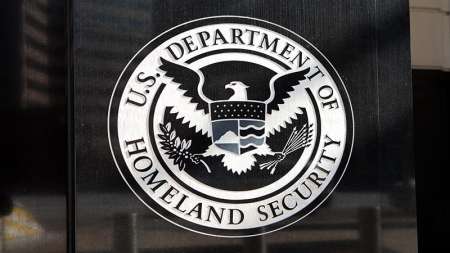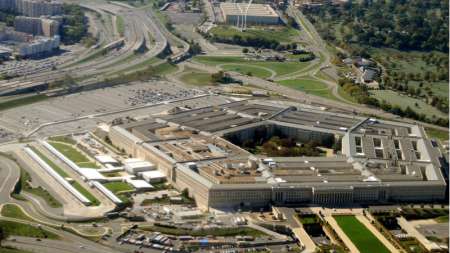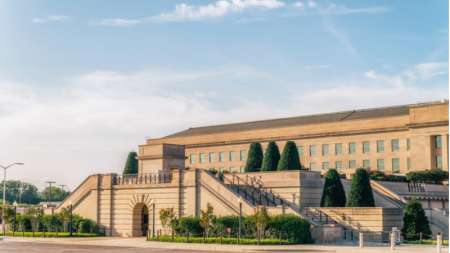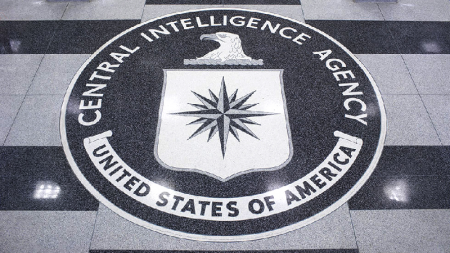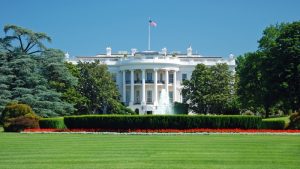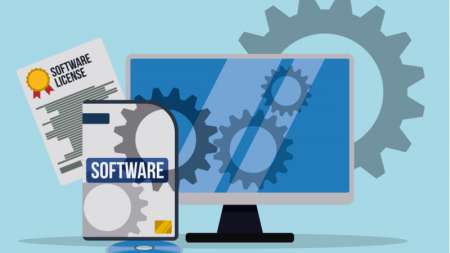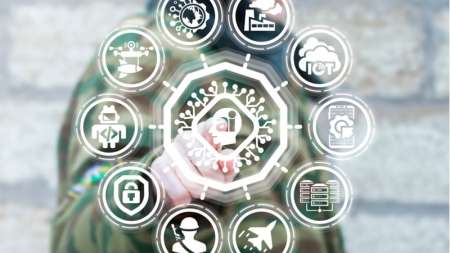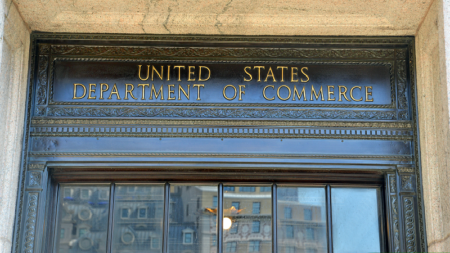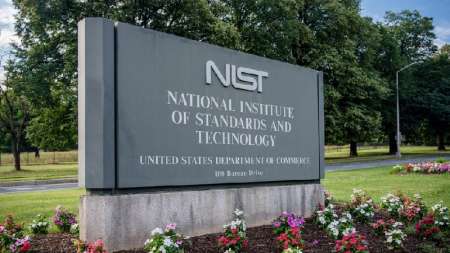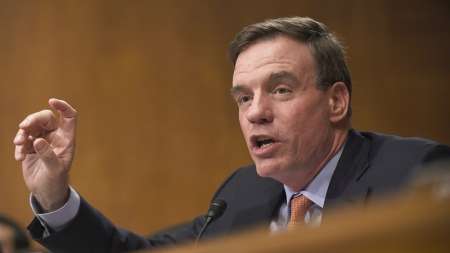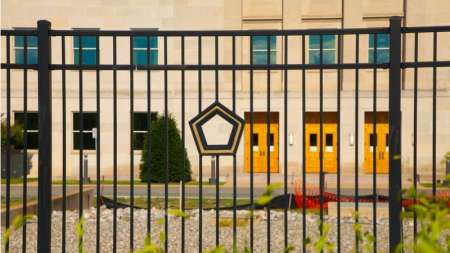The Department of Homeland Security (DHS) put the nation on alert Sunday to the dangers of cyberattacks and other retaliatory measures that could be launched by Iran following the June 21 bombings of Iranian nuclear facilities by the United States. […]
The Department of Energy’s National Nuclear Security Administration (NNSA) has officially launched its fifth enterprise-wide cloud environment, marking a significant step toward operational efficiency and reduced costs. […]
The Transportation Security Administration (TSA) is looking at how it can integrate artificial intelligence (AI) into its Geographic Information Infrastructure (GII), which is a shared sensitive but unclassified platform that provides critical geospatial capabilities across the Homeland Security Enterprise. […]
A recent Commerce Department watchdog report has revealed critical deficiencies in the Bureau of Industry and Security’s (BIS) ability to detect and respond to sophisticated cyberattacks, which the report says places national security at risk. […]
Bipartisan legislation introduced in the Senate on June 13 aims to reduce fraud, waste, and abuse in the Medicare system by harnessing artificial intelligence technologies for that task. […]
U.S. military officials said today that for responding swiftly and effectively during crises real-time data is now as critical as boots on the ground — and that’s why military services are making data management a top priority, aiming to enable smarter decisions, sharper resource deployment, and clearer communications when it matters most. […]
Lakshmi Raman, chief artificial intelligence officer (CAIO) at the CIA, said on Tuesday that she’s excited about the potential of AI agents to further the cause of enterprise automation at the agency. […]
David Sacks, President Donald Trump’s special advisor for AI and crypto, stressed the need for the United States to win the AI race during remarks on Tuesday and warned that the “repercussions would be significant” if it fails to do so. […]
President Donald Trump issued an order late Friday that makes modest changes to two cybersecurity executive orders issued by the Biden and Obama administrations, creating new urgency for action on several existing and developing cybersecurity challenges. […]
The Federal Electronic Health Record Modernization (FEHRM) office is moving the Federal EHR to the cloud, a move that the office’s chief technology officer (CTO) said will help agencies like the Department of Veterans Affairs (VA) with their EHR rollout. […]
Rep. Andrew Garbarino, R-N.Y., who chairs the House Homeland Security Committee’s Cybersecurity and Infrastructure Protection subcommittee, is pressing Homeland Security Secretary Kristi Noem about updating cybersecurity planning for the U.S. communications sector, and on maintaining an existing program that helps to evaluate the security of mobile apps that have ties to adversarial nations. […]
A bipartisan group of senators has reintroduced legislation that aims to streamline software purchasing across the Federal government with a goal of reducing unnecessary costs. […]
The Department of Defense’s (DoD) newest artificial intelligence (AI) initiative is helping the Pentagon move swiftly to integrate generative AI into military and enterprise operations and ensure that the military keeps pace with industry advances, according to a senior official from the Chief Digital and Artificial Intelligence Office (CDAO). […]
Integrating artificial intelligence into customer experience (CX) services can empower veterans and other constituents to shape how they are served, a Department of Veterans Affairs (VA) CX expert said Tuesday. […]
The Commerce Department is rebranding the U.S. Artificial Intelligence Safety Institute (AISI) that it oversees by swapping in a new moniker for the organization – the Center for AI Standards and Innovation (CAISI) – that notably does not feature safety in its name. […]
While artificial intelligence (AI) tech has emerged as a game-changer in cybersecurity, one senior Federal official urged a degree of caution this week by saying that AI integration could do more harm than good without following strong foundational security practices. […]
Amid the government-wide push to modernize legacy systems, the U.S. Government Publishing Office (GPO) is closing in on transiting from its print-heavy systems to a digital-first structured data workflow that makes Federal documents available across multiple platforms. […]
Automation is emerging as a key enabler in the Department of Defense’s (DoD) push toward creating zero trust security architectures, allowing for faster threat remediation and reduced operational burdens. […]
The National Institute of Standards and Technology (NIST) is developing a new “Community Profile” based on the NIST Cybersecurity Framework (CSF) that will provide guidance on the cybersecurity risks related to AI development and use. […]
As the uptake in artificial intelligence tech adoption and cryptocurrencies rapidly reshape the financial sector, Commodity Futures Trading Commission (CFTC) Commissioner Christy Goldsmith Romero urged regulators to “keep pace” or risk falling behind and exposing the most vulnerable to harm. […]
While he admits that “not much has gotten done in the first four months of this Congress,” Rep. Don Beyer, D-Va., is hopeful that the 119th Congress will be able to pass some meaningful AI legislation. […]
The U.S. Navy is turning to the private sector for cutting-edge artificial intelligence and machine learning capabilities to strengthen the performance of its maritime operations centers (MOCs), according to a new solicitation issued on May 23. […]
Sens. Mark Warner, D-Va., and James Lankford, R-Okla., on May 23 reintroduced the Federal Contractor Cybersecurity Vulnerability Reduction Act, a bill that would require Federal government contractors to implement vulnerability disclosure policies (VDPs). […]
National Geospatial-Intelligence Agency (NGA) Director Vice Adm. Frank Whitworth last week pronounced 2025 as the “year of AI” at NGA, highlighting a new expansion of the agency’s AI-enabled detection for analysts as part of NGA’s artificial intelligence push. […]
The Department of Defense’s (DoD) Vulnerability Disclosure Program (VDP) is turning to artificial intelligence (AI) and machine learning tech to streamline vulnerability assessments and improve cyber defense across the defense industrial base (DIB). […]
The Department of Defense (DoD) is bracing for a hit to its cybersecurity workforce amid the agency’s ongoing efforts to reduce its civilian workforce and the impact of a sustained hiring freeze, a Pentagon official said on Thursday. […]
A group of 12 senators led by Sen. Jacky Rosen, D-Nev., is calling on the Trump administration to release funding for states under the Broadband Equity, Access, and Deployment (BEAD) program. […]
China continues to pose the most active and persistent cyber threat to the United States and potential threats “are or will be coming in the near future,” a top FBI cybersecurity official warned today. […]
The Department of the Air Force is preparing to launch a new Artificial Intelligence (AI) Center of Excellence aimed at accelerating the adoption of AI-enabled capabilities across the service, a spokesperson confirmed. […]
The U.S. Army has launched a new generative AI platform to streamline communication and enhance operational efficiency on a range of fronts – from drafting press releases to reclassifying personnel descriptions, and everything in between. As a demonstration of its capabilities, the Army used the very tool it unveiled to author the press release announcing […]



